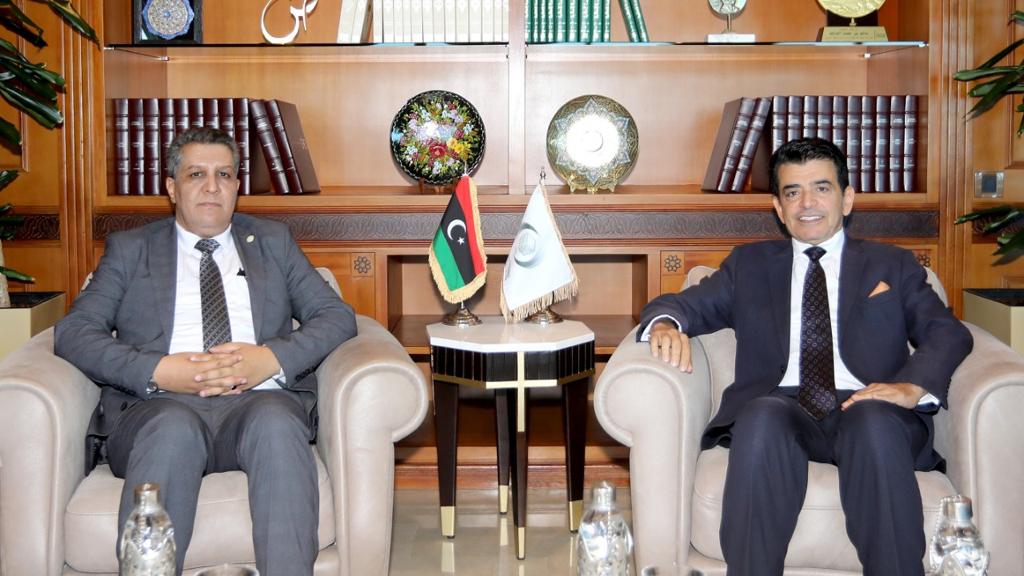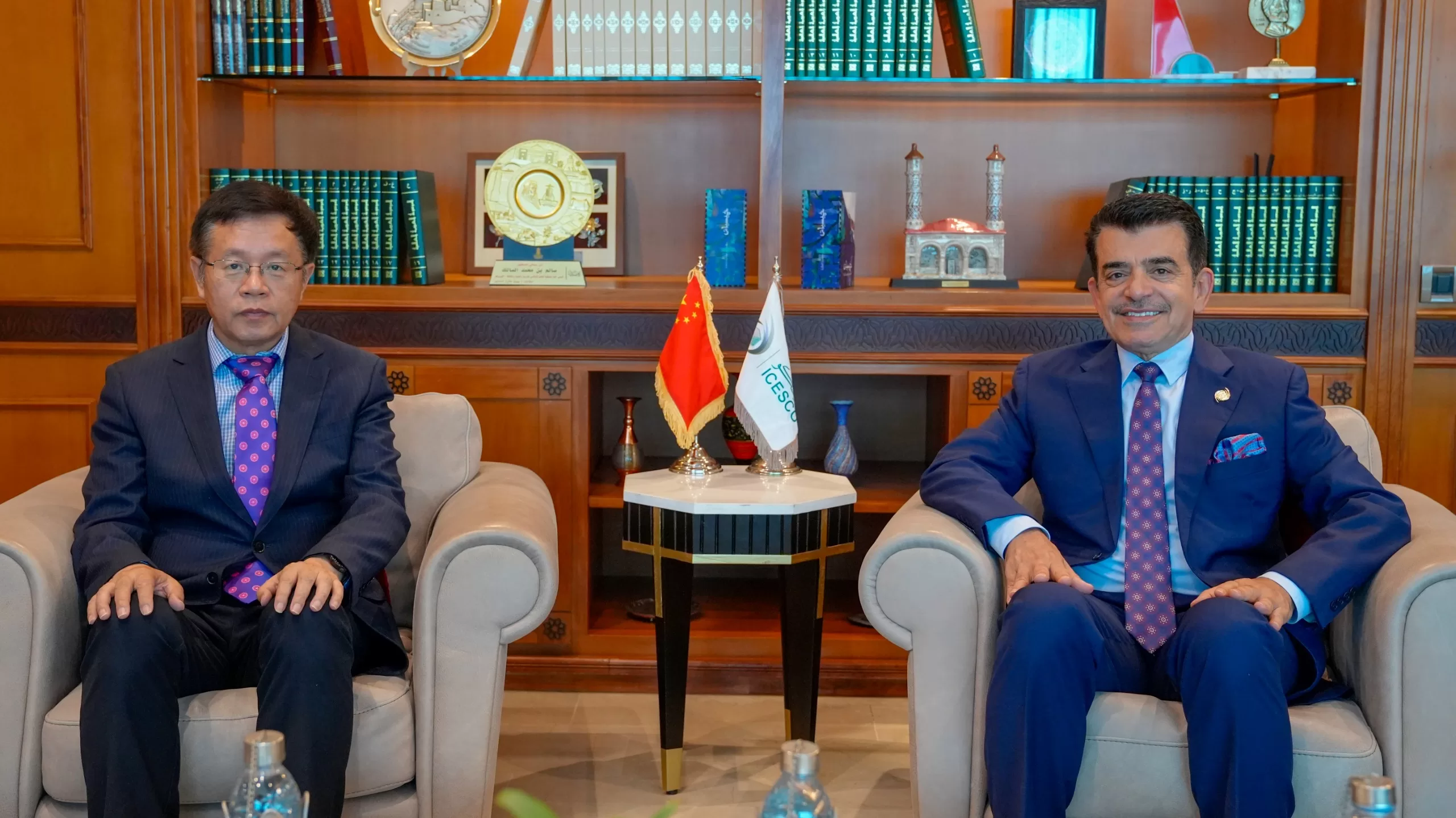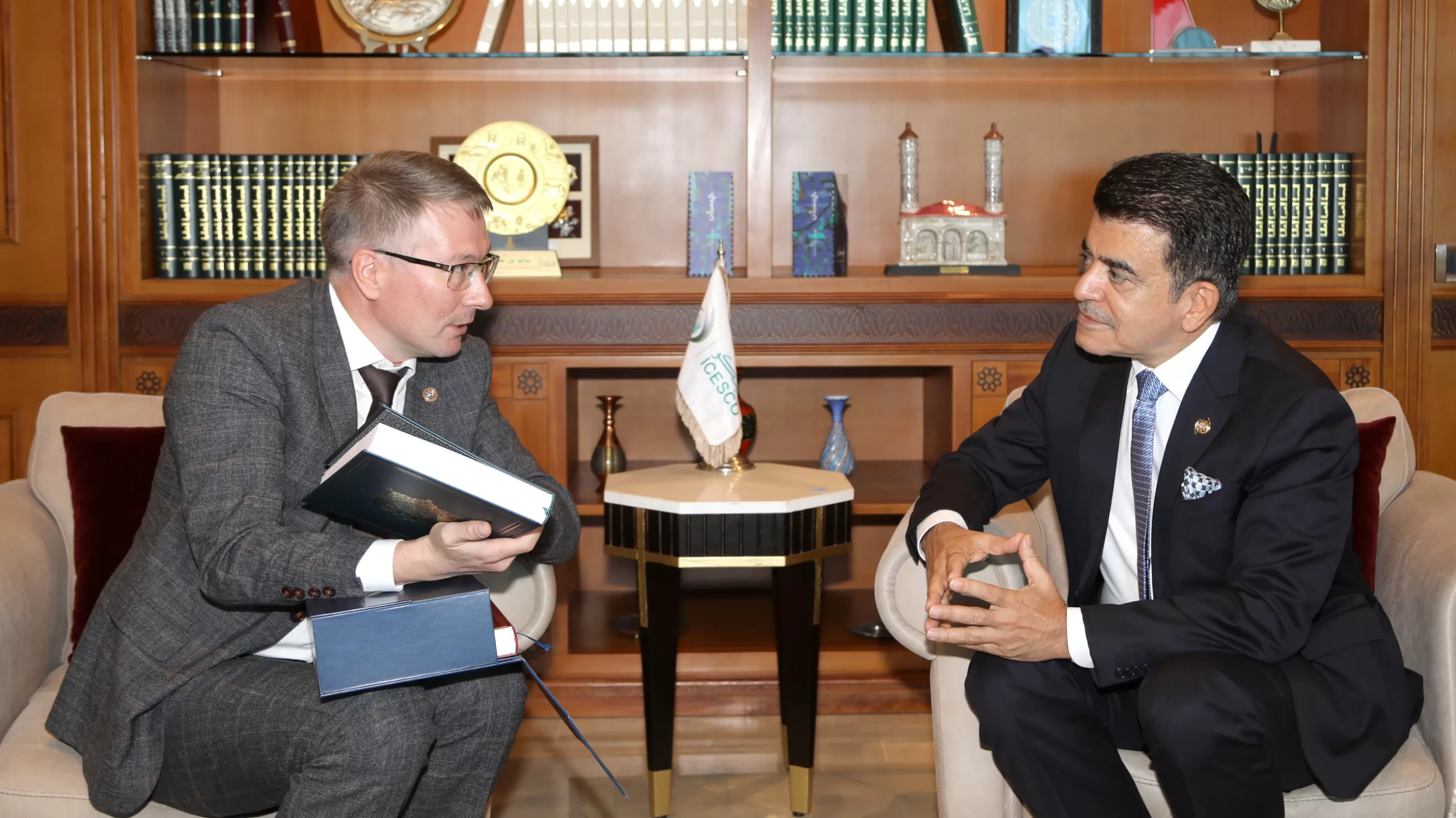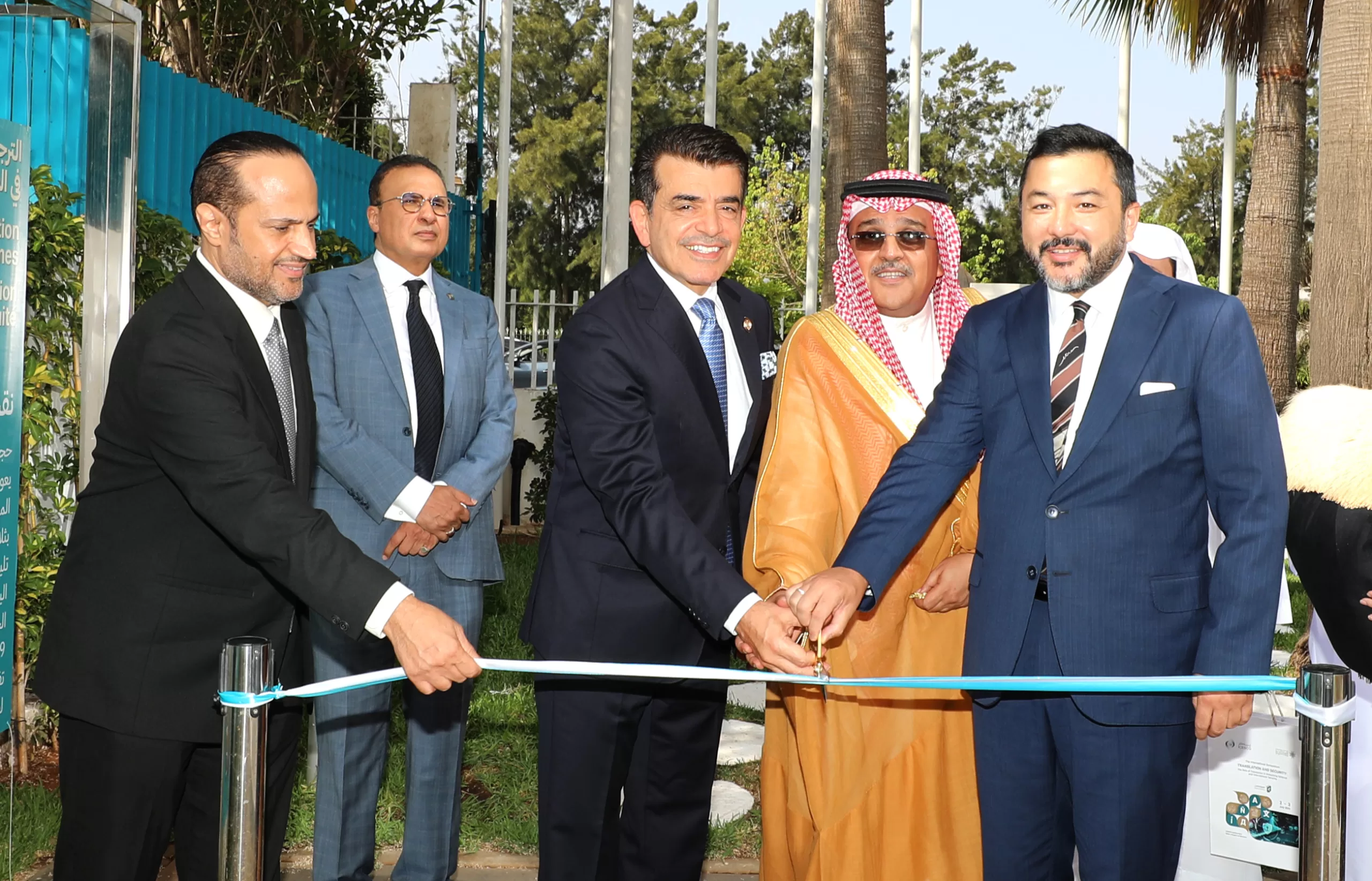
ICESCO and Libya Explore Latest Cooperation Developments in Education, Science and Culture

24 June 2022
Dr. Salim M. AlMalik, Director-General of the Islamic World Educational, Scientific and Cultural Organization (ICESCO), received Dr. Musa Muhammad Al-Maqrif, Libyan Minister of Education, Chairman of the Libyan National Committee for Education, Culture and Science, and discussed cooperation developments between ICESCO and the State of Libya in the fields of education, science and culture.

During the meeting, held on Thursday (23 June 2022), as part of the visit of the Libyan Minister of Education and his delegation to ICESCO Headquarters in Rabat, in the presence of Dr. Said M’hamad Ed-Dbib, Permanent Delegation of Libya to ICESCO, Dr. AlMalik stressed ICESCO’s keenness to enhance communication with Member States’ National Commissions to identify their priorities and needs, and design country-tailored programmes and projects to implement them in cooperation with the competent authorities.

ICESCO Director-General indicated that ICESCO’s strategic orientations focus on building the capacities of youth and women, enhancing their orientation to entrepreneurship in innovation, encouraging the Member States to invest in space sciences, capitalizing on artificial intelligence applications in the fields of education, science and culture, consolidating the values of peace, coexistence and civilized dialogue, and contributing to preserving and promoting the heritage of the Islamic world.

The meeting touched on the key programmes, projects and training sessions that have been recently implemented in cooperation between ICESCO and the competent Libyan authorities, and the future proposals for a partnership to implement practical programmes and projects.

For his part, Dr. Al-Maqrif expressed Libya’s pride in the constructive cooperation with ICESCO and stressed its keenness to further implement qualitative programmes and projects to achieve the desired outcomes, commending the Organization’s remarkable roles and the support it provides to the Member States in its areas of competence.








